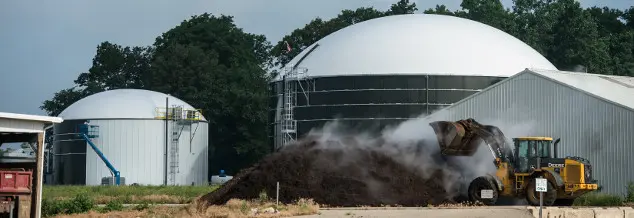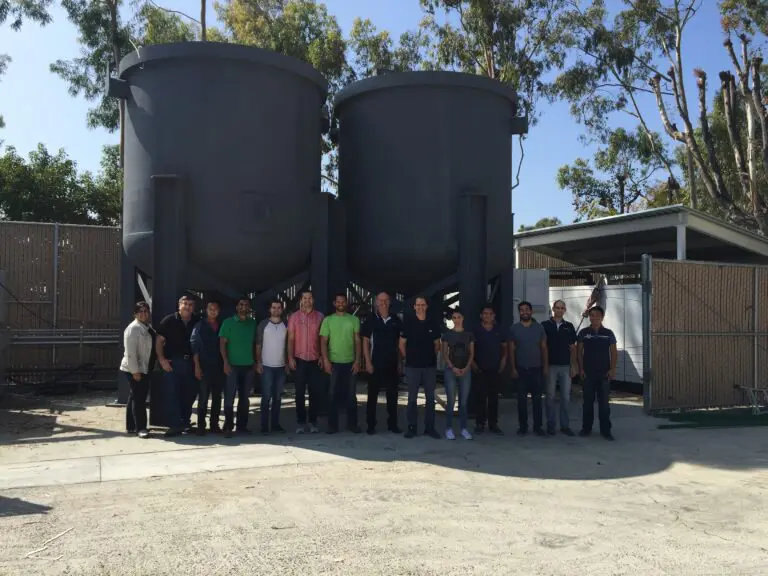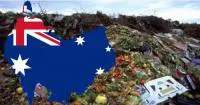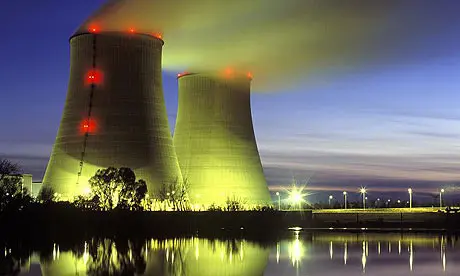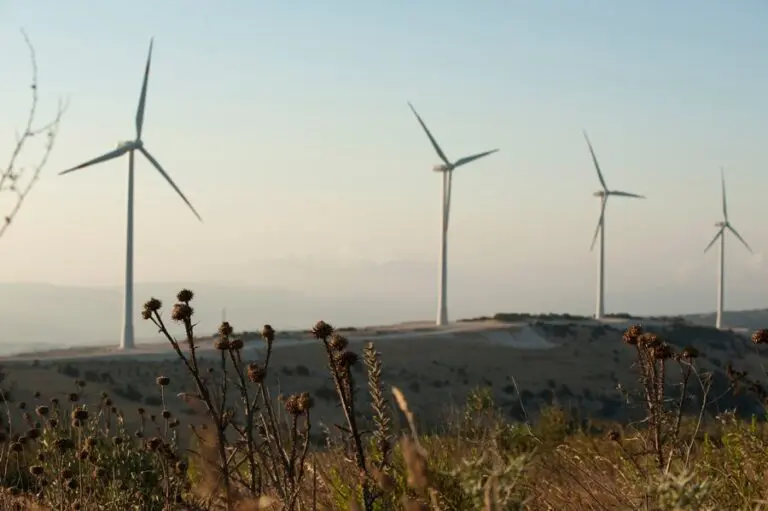Michigan State University (MSU) has operand an anaerobic digester that will produce biogas from the co-digestion of farm and food waste on its campus.
The university said that the facility will process some 17,000 tons (15,400 tonnes) of organic waste each year, making it the largest biogas facility of its type on college campus in the U.S., both in terms of throughput and energy output.
The facility is expected to produce 2.8 million kWh of electricity each year, which will be used to power some of the campus buildings.
“Only about 20% of the energy we produce is being used to sustain the process,” explained Dana Kirk, a specialist from MSU’s Department of Biosystems and Agricultural Engineering who is overseeing the project. “The other 80% is available for other uses on campus.”
In comparison, the university said that a smaller anaerobic digester it has been operating for research purposes uses nearly all of the energy it recovers to run the system.
The organic feedstock for the digester includes cow manure from the MSU Dairy Teaching and Research Center, food waste from several campus dining halls, fruit and vegetable waste from the Meijer Distribution Center in Lansing, and fat, oils and grease from local restaurants.
The organic feedstock is fed into an airtight tank, which will hold about 450,000 gallons (1.7 million litres) of material. The tank contents are maintained at roughly 100°F (38°C) for 20 to 30 days.
The university said that the total cost of the project was around $5 million and it is expected to pay for itself in less than 15 years.
In addition to the two on-campus anaerobic digesters, MSU explained that is also involved in a similar project in Costa Rica.
Earlier this year a digester went online that will help provide power to a village in the Central American nation. The project is a partnership between MSU and the University of Costa Rica.
Read More
VIDEO: Chemocatalysis to Unlock Biofuel from Wastes
Science and industry are collaborating in the Dutch CatchBio project to develop catalytic reactions that process biowaste into useful biofuels, chemicals and pharmaceuticals.
100 TPD Biofuel Demo Facility to Process Agricultural Wastes in India
A biofuel demonstration facility that will process 100 tonne of biowaste per day to produce cellulosic ethanol is under construction in in the Sangli District of Maharashtra, India.
The WASP – Taking the Sting out of Sydney’s Waste
Located alongside one of the world’s largest and deepest bioreactor landfills, Veolia’s proposed MBT facility 250 km outside of Sydney has had its doubters, but the company says that conditions are now right to proceed.


